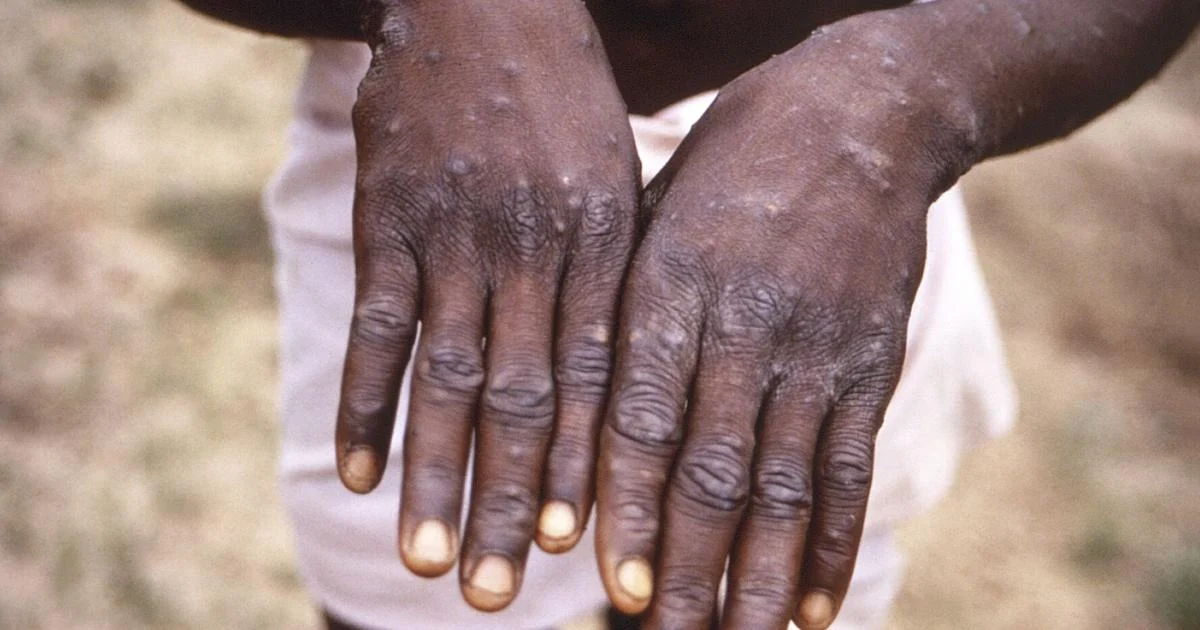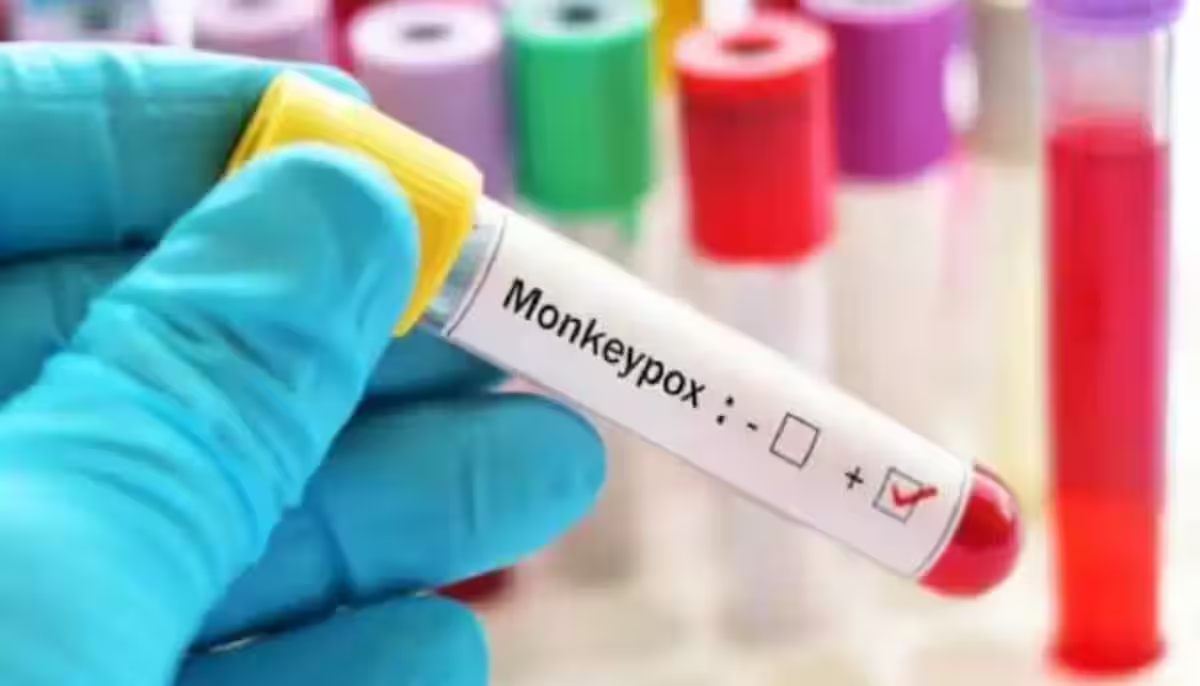Kenya is set to benefit from a significant boost in its fight against Mpox, as the World Health Organization (WHO) allocates a Sh2 billion fund to help curb the spread of the virus.
This financial injection is part of a broader initiative by WHO to support African nations grappling with the resurgence of Mpox, a viral zoonotic disease previously known as monkeypox.
Understanding Mpox
Mpox is a viral disease caused by the monkeypox virus. The disease is characterized by symptoms similar to those seen in the past with smallpox patients, although it is clinically less severe. Symptoms include fever, rash, and swollen lymph nodes, and it can lead to a range of medical complications.

The disease was first discovered in 1958 when two outbreaks of a pox-like disease occurred in colonies of monkeys kept for research, leading to the name “monkeypox.”
The first human case of Mpox was recorded in 1970 in the Democratic Republic of the Congo (DRC), during a period of intensified efforts to eliminate smallpox. Since then, cases have been reported in various Central and West African countries.
The Current Situation in Africa
Africa has been particularly vulnerable to Mpox outbreaks due to its proximity to the natural reservoir of the virus, which is believed to be rodents and other small mammals. The region has seen recurrent outbreaks over the years, with the DRC, Nigeria, and Cameroon among the most affected countries.
In recent years, the continent has experienced a worrying resurgence of Mpox cases. According to WHO statistics, the number of confirmed cases in Africa rose sharply in 2022, with over 1,400 cases and 66 deaths reported across several countries.
The resurgence has been attributed to factors such as increased human-animal interactions, deforestation, and weakened healthcare systems exacerbated by the COVID-19 pandemic.
Nigeria, in particular, has witnessed significant outbreaks, with the country reporting over 500 cases and 8 deaths in 2023 alone. The rise in cases has raised concerns about the potential for the virus to spread to other regions, especially given the increased global mobility.
Kenya’s Preparedness and Response
Kenya has reported sporadic cases of Mpox in the past, but the recent global resurgence has prompted the government to enhance its preparedness and response mechanisms. The Sh2 billion fund from WHO will be utilized to strengthen the country’s surveillance, diagnostic capacity, and public health response.
The Ministry of Health in Kenya has already set up a task force to oversee the implementation of preventive measures, including mass vaccination campaigns, public awareness programs, and training for healthcare workers.

The fund will also support the procurement of essential medical supplies, including personal protective equipment (PPE) and antiviral medications.
In addition to financial support, WHO will collaborate with Kenyan health authorities to ensure effective monitoring and reporting of Mpox cases, as well as to facilitate research into the virus’s epidemiology and transmission dynamics.
















